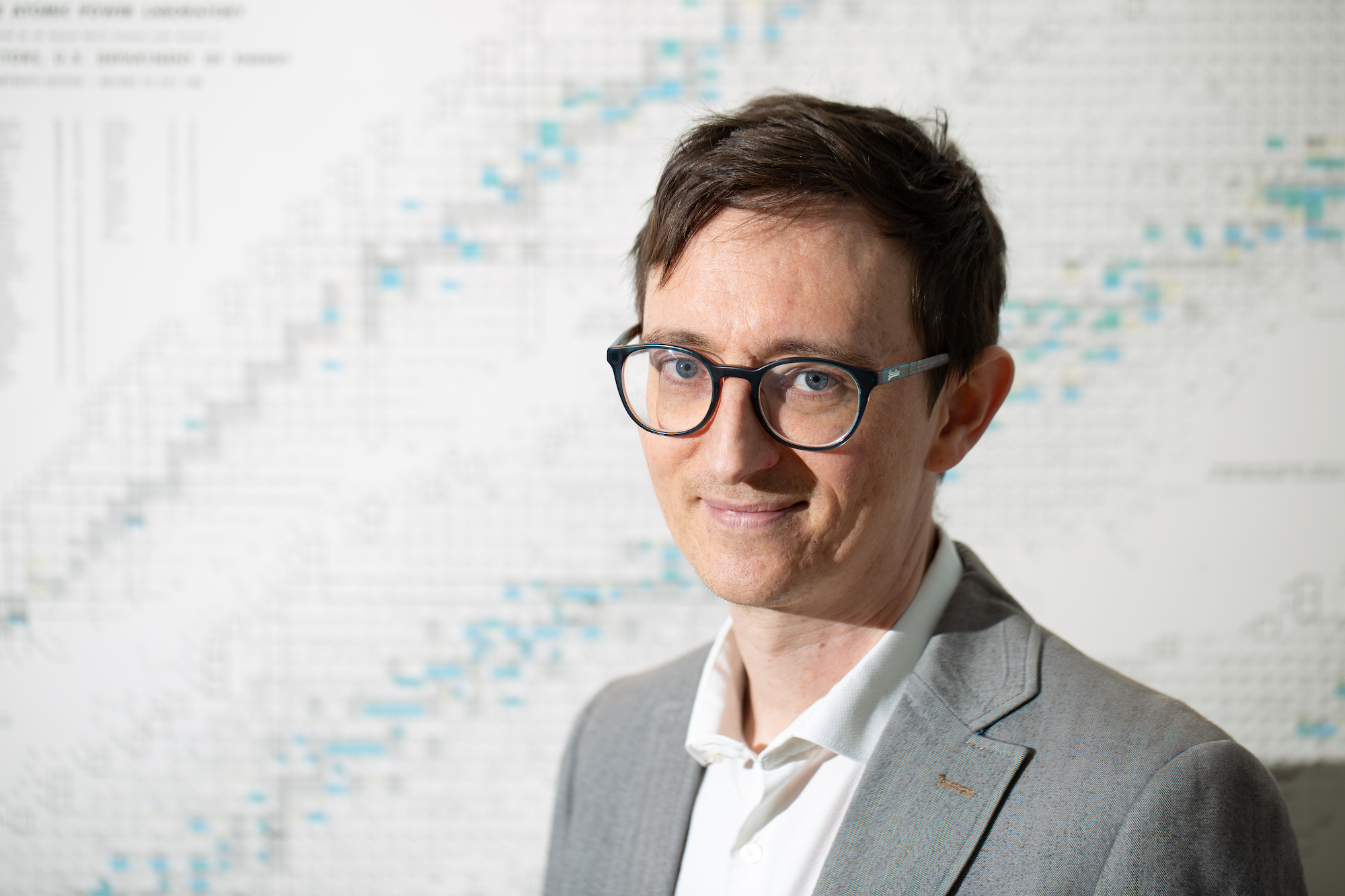Fellowship to study forgetful fusion physics

Congratulations to Dr Ed Simpson, who has been awarded a Future Fellowship to study nuclear fusion reactions.
Dr Simpson, who is from the Department of Nuclear Physics and Accelerator Applications, said fusion reactions are crucial in a wide range of areas, from astrophysics and material sciences through to medical applications such as cancer therapies.
“The vast majority of these nuclear applications rely on understanding low energy nuclear collisions, and Australia needs far great expertise in this area,” he said.
“The fellowship is designed to help build that capacity in a really critical area while we explore these interesting ideas.”
One of the ideas Dr Simpson will be exploring during his four-year fellowship, is forgetfulness – the process in which two fusing nuclei become one nucleus with no trace of its original components.
“It’s a form of irreversibility, because the stuff that’s left after the fusion has happened seemingly has no memory of where it came from. And this happens in a highly isolated quantum system, which has no way to interact with the outside world - so why should it forget?” Dr Simpson asks.
A further idea is to leverage machine learning to accelerate the analysis of nuclear reaction experiments.
“There are lots of low energy nuclear reactions that we might want to use for applications, but because nuclei are complicated quantum objects, analysing nuclear collisions gets very difficult. Disentangling all of that structure is key to understanding the reactions and translating that into applications. Machine learning approaches could be the key,” he said.
Already three students are coming on board to study aspects of this research.
Through training students such as these, the fellowship will help meet the rapidly-growing demand for nuclear expertise across diverse sectors of the economy such as mining, medical, space and defence.
“It will support world-class training in nuclear science and high-performance computing that will lead to nuclear applications”, Dr Simpson said.
To share the benefits of this foundational research, tailored workshops are being planned to foster engagement with those relying on nuclear knowledge in government, industry and related research areas.
And more broadly, Dr Simpson also hopes to inspire a new generation to gain nuclear expertise.
“The Fellowship aims to study the fundamental science of one of the most important processes in the universe, whilst supporting real-world applications and helping develop a new generation of Australian nuclear experts,” he said.
This article was first published by ANU Research School of Physics.
